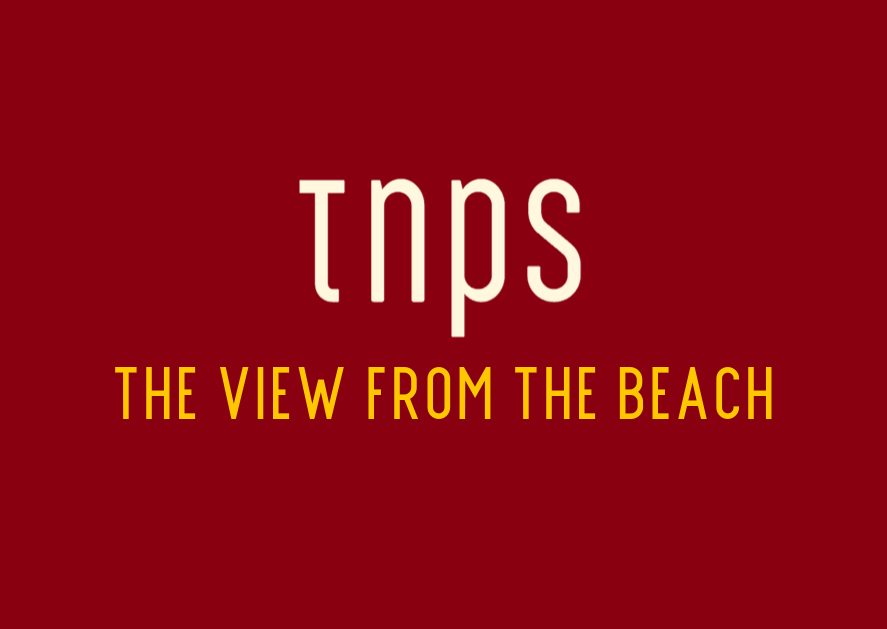“The importance of these spontaneous conversations that have always been a welcome byproduct of the trade fairs and parties we have attended with such gusto is one of the prevailing myths about the publishing business.”
The UK marked its first anniversary of lockdown this month, sadly while the country is still locked down from another attempt to defeat the pandemic.
But with bookstores on notice they will very likely be allowed to re-open in April, Philip Jones at the UK publishing trade journal The Bookseller, had some blunt talk to offer those hankering for the Old Normal of 2019, when in-person events involving expensive and environmentally-hostile binge flights and boozy hotel bar sessions to far-flung parts of the world was touted as “essential” to the industry’s future.
Of course many publishing operations already knew that was a nonsense, but among the influencers in the western industry there was a need to propel the fiction long after its sell-by date had been exposed by inconsiderate events organisers who made the switch to a hybrid or digital-only model.
Inconsiderate events like Virtual Frankfurt 2020, which Jones in September 2020 delighted in dismissing with the term “fakefurt”.
Jones proclaimed gravely:
After the serious misstep of (the Buchmesse) announcing it planned to open as usual, (Jurgen Boos) and his colleagues have worked magnificently to re-imagine first a hybrid and now an all-digital affair. Yet even he must recognise that without the physical meetings, pre-arranged or spontaneous, Frankfurt risks becoming just a moment that over time becomes a season and then a continuum.
Fast forward March 2021 and Jones has pivoted:
We have always laboured under the impression that publishers needed to move around and meet colleagues or authors from across the world in order to create the necessary friction for tomorrow’s leftfield bestsellers. The importance of these spontaneous conversations that have always been a welcome byproduct of the trade fairs and parties we have attended with such gusto is one of the prevailing myths about the publishing business.
Heavy stuff. But what happened to all that “without the physical meetings, pre-arranged or spontaneous, Frankfurt risks becoming just a moment that over time becomes a season and then a continuum”?
Not quite willing to admit the policy reversal, Jones says,
Sad though it is to confess it, I’ve always suspected that what really drove the idea was the socialising, not the business. In fact, I wonder now if it was less about the meetings and more about the attitude, and that a more environmentally friendly approach may now become a better (if less fun) alternative.
Jones adds,
If running an international business with offices in London, India, New York and Beijing suddenly becomes less a challenge of stamina, and more one of head space, then we might chalk that up as a positive,
before concluding.
But as I said two weeks ago, none of us are immune from what we’ve lived through, many of us have been changed by it, and all of us have a stake in what comes next.
Welcome to the 2020s.





